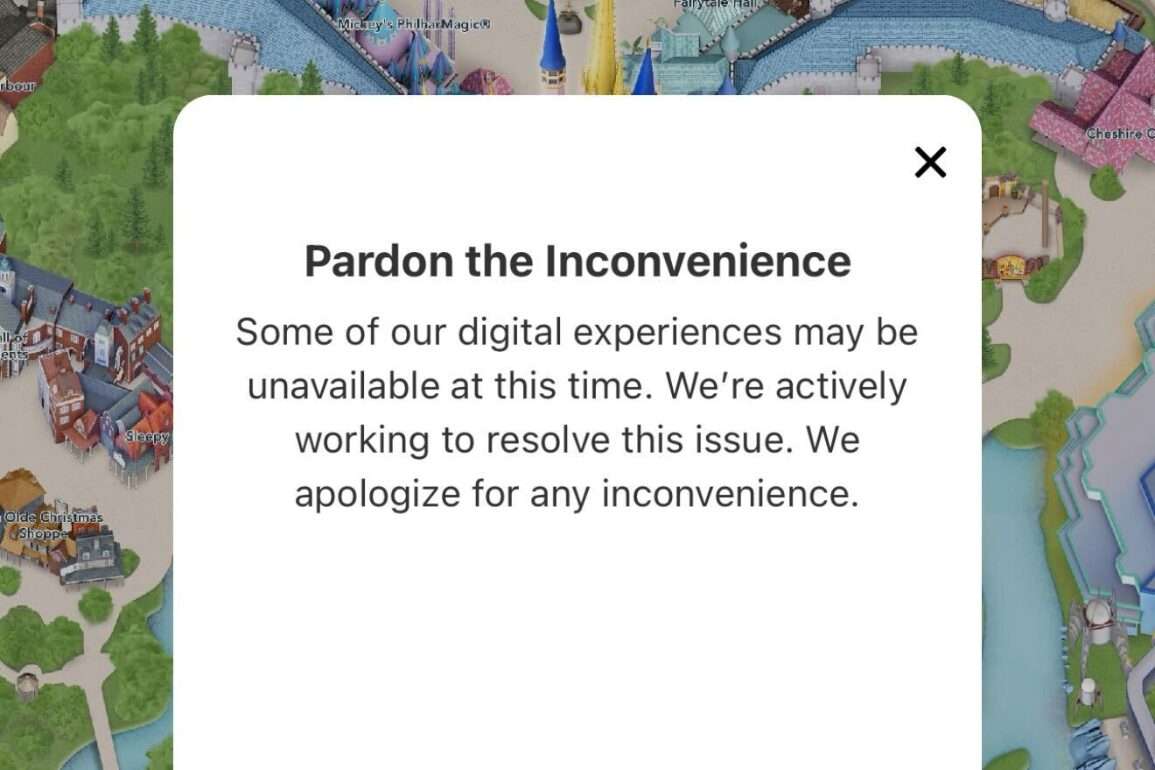When theme park operators splash out billions on new attractions, they typically expect a stellar boost to their valuations. However, Fantasy Springs at Tokyo DisneySea has thrown a curveball that’s left many scratching their heads. Despite a gleaming new addition and much fanfare, the operator’s stock value has dived dramatically since the land’s grand opening.
In June, the highly anticipated Fantasy Springs welcomed guests into its dazzling realm. Featuring intricately carved rock faces with beloved characters like Peter Pan and Disney princesses, Fantasy Springs promises visitors an enchanting experience. The area, which spans a picturesque landscape, boasts a 475-room deluxe hotel, several dining options, and exclusive attractions. Valued at $2.1 billion, it marks the priciest expansion in Tokyo Disney Resort’s 41-year history.
However, the excitement hasn’t met expectations, with projections indicating a 5.5% increase in attendance to 29 million visitors for the year ending March 31, 2025. This figure still falls short of their peak attendance in 2019. This discrepancy isn’t entirely shocking given the Tokyo Disney Resort’s unique ownership model. Unlike other Disney parks, it’s managed by Oriental Land Company (OLC) rather than Disney itself. OLC’s transparency about its finances offers intriguing insights into the resort’s challenges, especially amid a sluggish post-pandemic recovery.
OLC’s financial expectations show growth in revenue, thanks to the allure of Fantasy Springs and the discontinuation of discounted ticket options. Set against a backdrop of reduced tourist numbers from mainland China and sluggish merchandise sales post-40th anniversary, the company faces a delicate balancing act. Fantasy Springs may spark additional revenue through increased guest spending, but whether it revitalizes overall attendance remains uncertain.
As the global theme park industry stabilizes post-COVID, Disney parks globally are experiencing similar slowdowns. Revenue and profit hints at the strain of soaring operation costs and diminishing attendance growth. The softening enthusiasm, reflected across major players like Disney and Universal, signals a potential restructuring of future expectations.
Will Oriental Land Company’s long-term investments and strategic shifts be enough to turn the tide? Only time will tell. For now, the stock market’s tepid response underscores the complexities and unpredictable nature of the theme park dynamic.
Source: Caroline Reid





